Best Seasons for Gas Fire Pit Installations
Gas fire pit installations are typically best performed during mild weather conditions. Spring and fall offer optimal temperatures for outdoor work, reducing the risk of weather-related delays. Installing during these seasons ensures proper curing and setup, leading to a safer and more durable installation process.
Spring and fall provide moderate temperatures ideal for outdoor installations, minimizing weather disruptions.
Extreme heat or cold can affect materials and installation procedures, hence moderate seasons are preferred.
Off-peak seasons often allow for more flexible scheduling and quicker project completion.
Installing during milder months allows for thorough preparation and inspection before use.
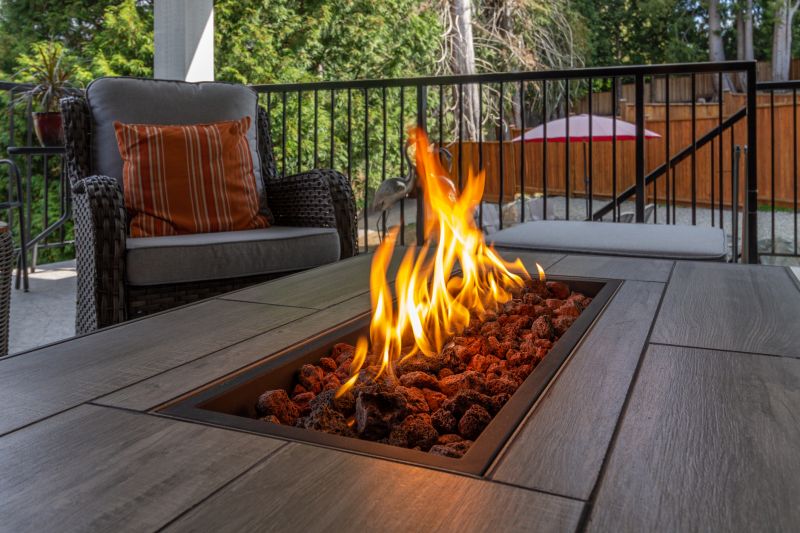
Installation during spring benefits from moderate weather, ensuring quality setup.
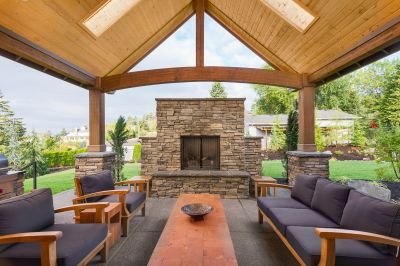
Autumn offers ideal conditions for outdoor gas fire pit setup before winter.
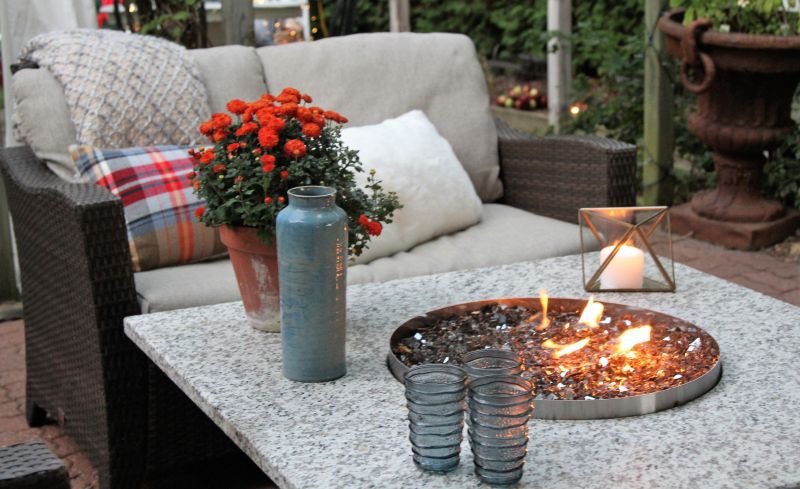
Optimal times for installation avoid extreme temperatures, ensuring safety and efficiency.
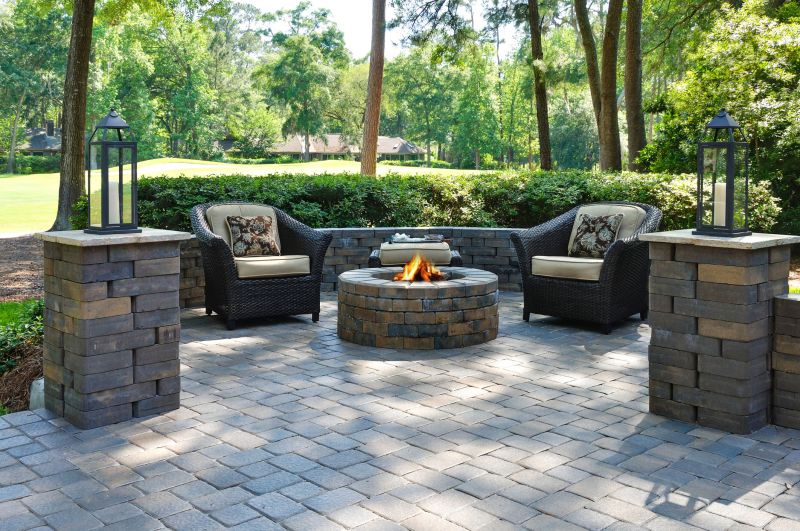
Ways to make Gas Fire Pit Installations work in tight or awkward layouts.
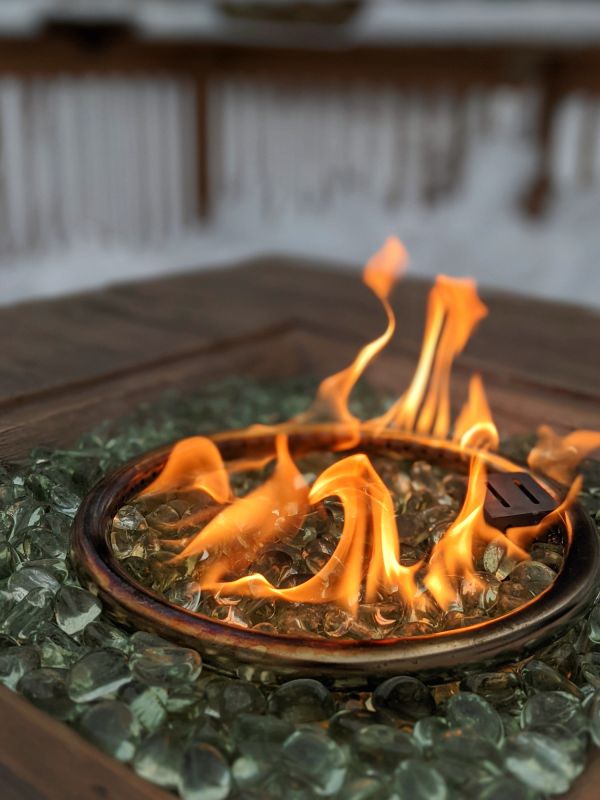
Popular materials for Gas Fire Pit Installations and why they hold up over time.
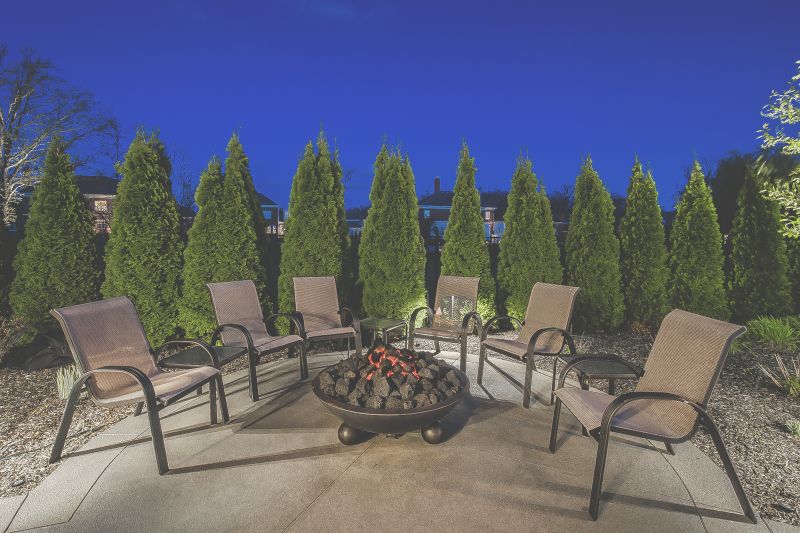
Simple add-ons that improve Gas Fire Pit Installations without blowing the budget.
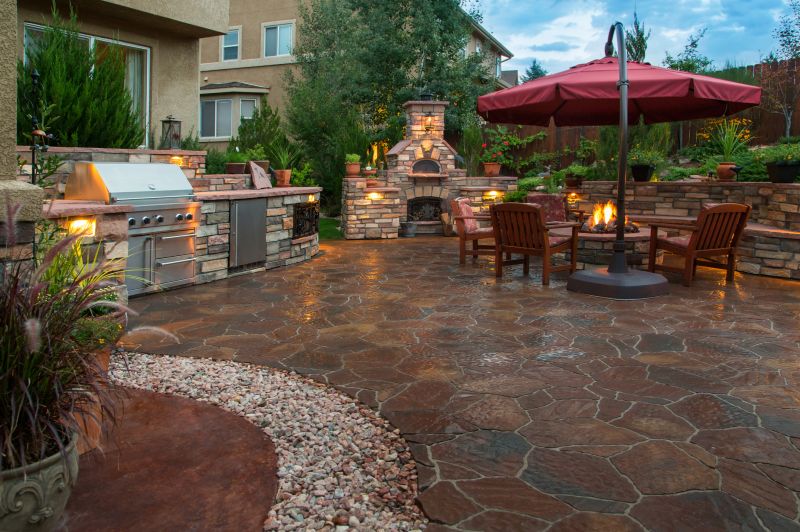
High-end options that actually feel worth it for Gas Fire Pit Installations.
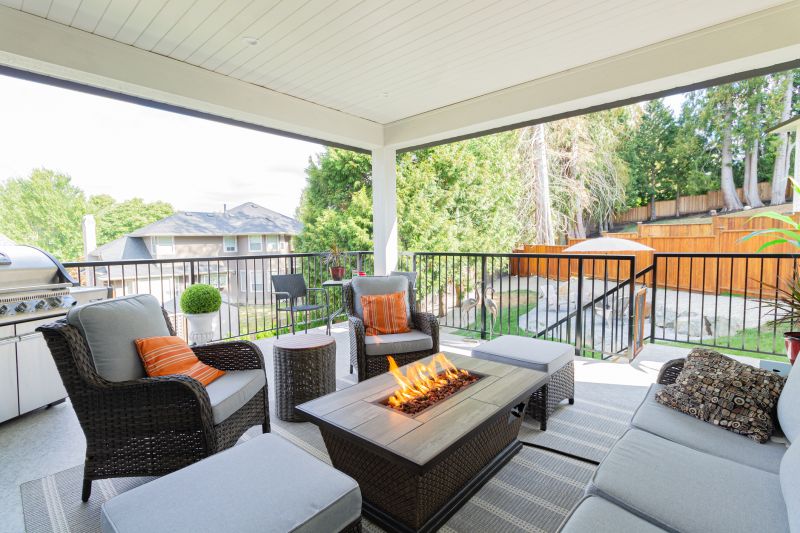
Finishes and colors that play nicely with Gas Fire Pit Installations.
Gas fire pit installations involve precise setup of gas lines, electrical connections, and safety features. Proper planning during suitable weather conditions ensures the longevity and safety of the unit. Seasonal timing can also influence the availability of skilled installers and materials, impacting project timelines and costs.
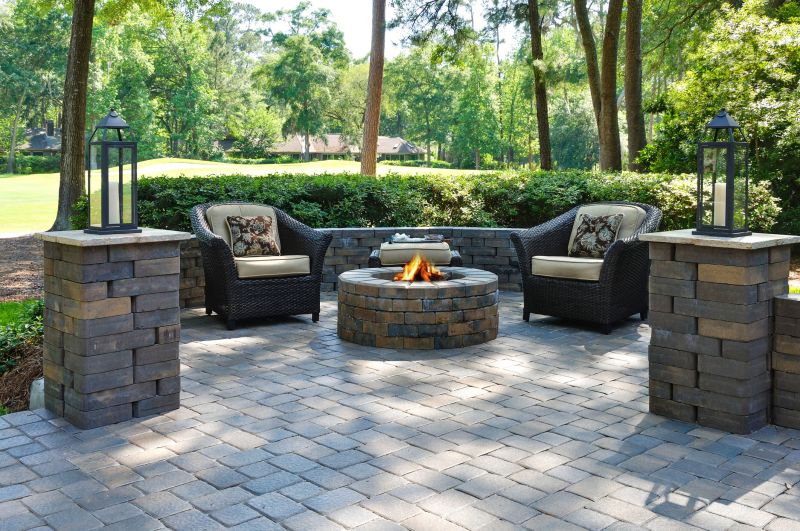
Spring installations benefit from favorable weather for outdoor work.
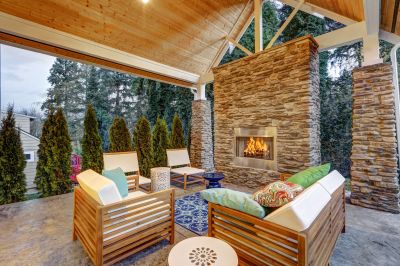
Autumn provides ideal conditions for outdoor setup before colder months.
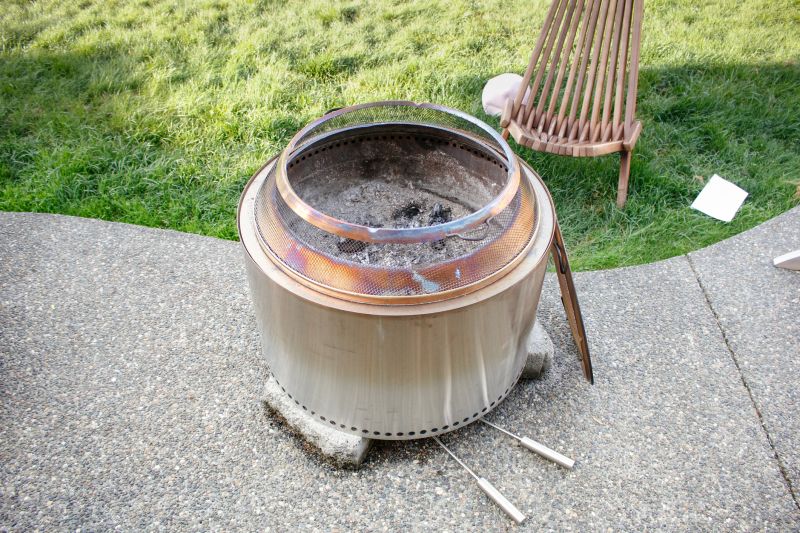
Timing installations during moderate weather ensures safety and quality.
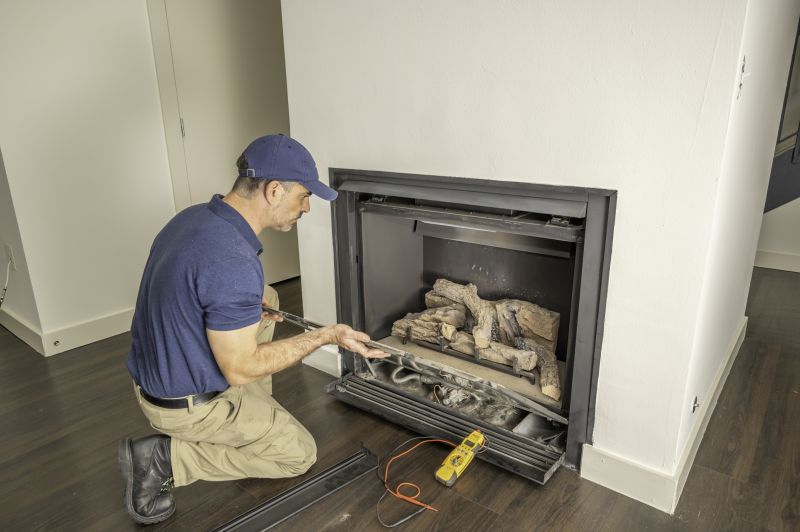
Proper connection is critical and best performed in suitable weather conditions.
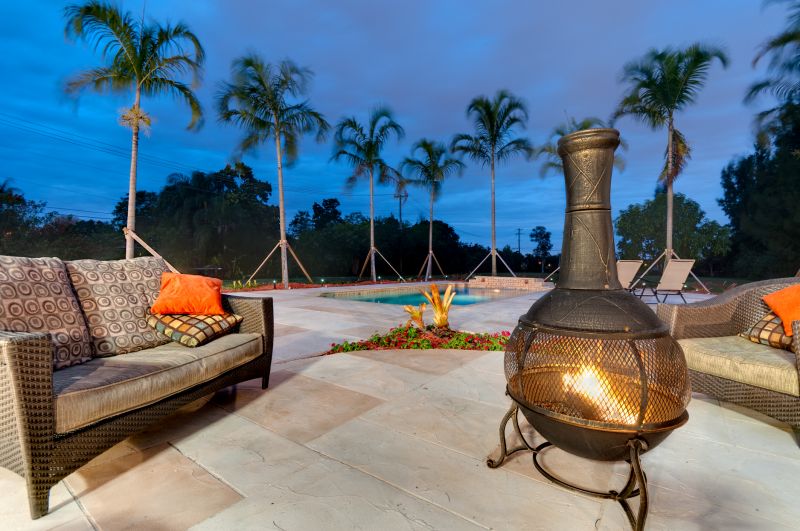
Electrical components are easier to install in moderate temperatures.
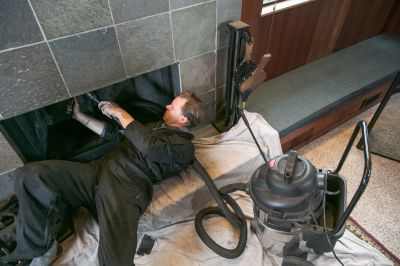
Conducted best during stable weather to ensure safety and functionality.
| Season | Advantages |
|---|---|
| Spring | Moderate temperatures, longer daylight hours, ideal for outdoor work. |
| Summer | Longer days, but risk of extreme heat may affect materials and safety. |
| Fall | Cooler weather, good for preparing outdoor spaces before winter. |
| Winter | Not recommended due to cold temperatures and potential weather disruptions. |
| Late Spring/Early Fall | Optimal balance of weather conditions for installation. |
Choosing the right season for gas fire pit installation depends on local climate and project specifics. Proper timing can enhance safety, quality, and durability of the installation. Consulting with experienced professionals can help determine the most suitable period for a particular location.
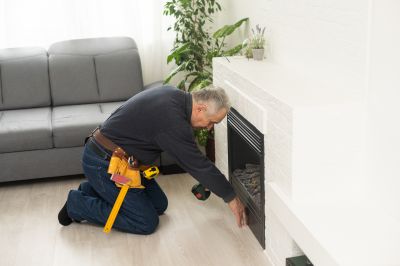
Professional setup with proper safety measures.
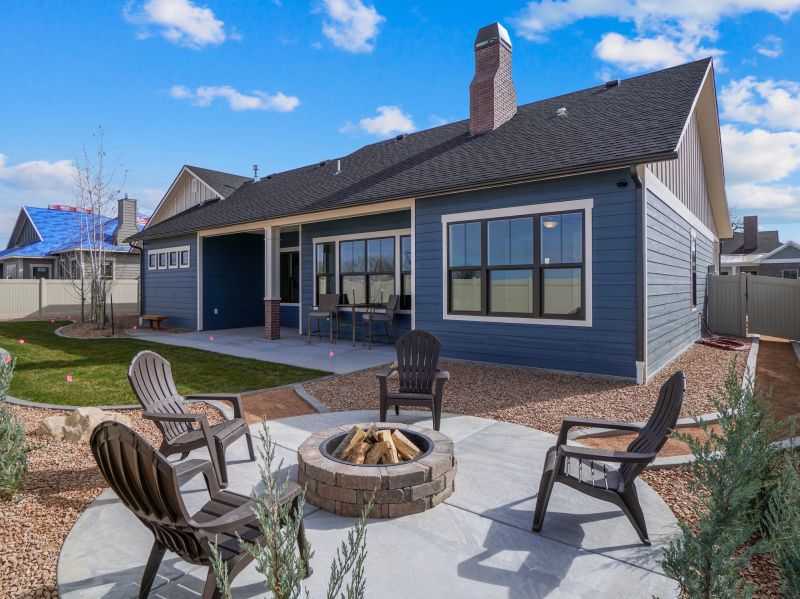
Completed installation ready for use.
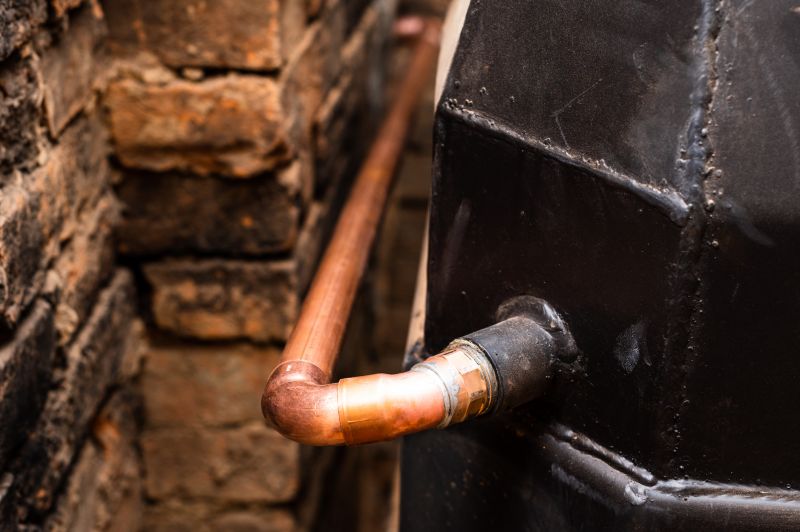
Ensuring safety and compliance.
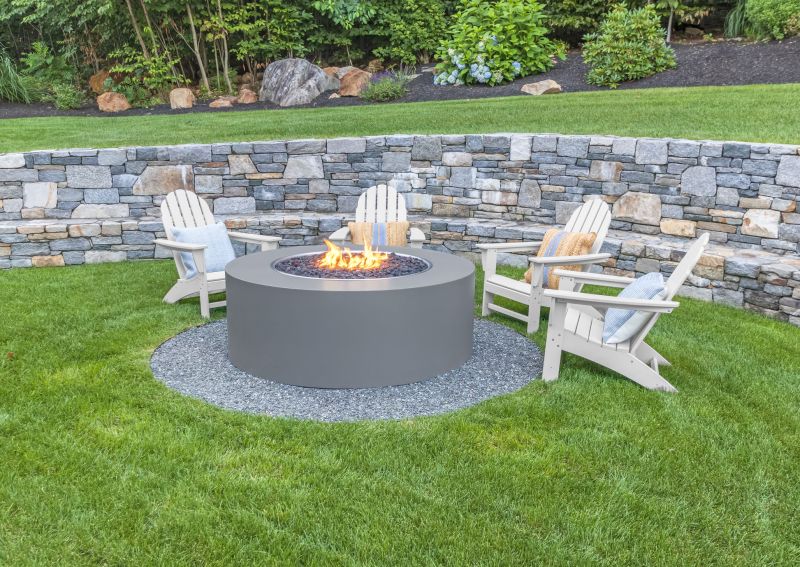
Verifying functionality and safety.
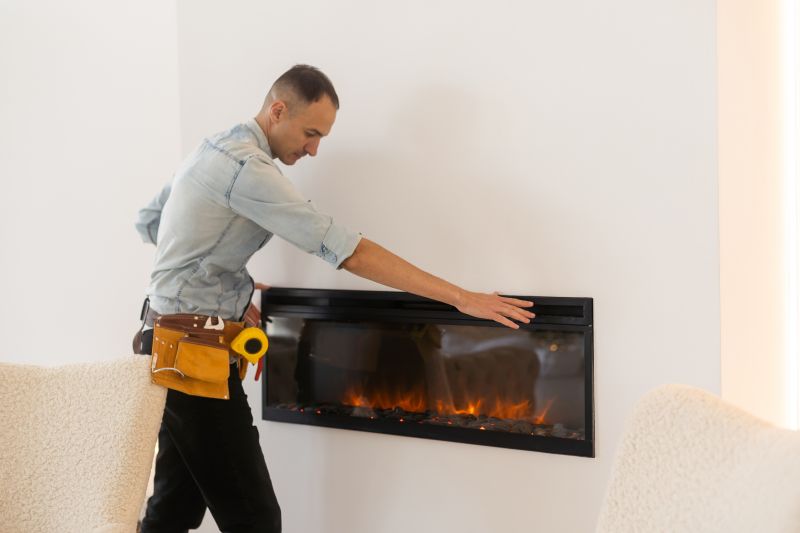
Little measurements that prevent headaches on Gas Fire Pit Installations day.
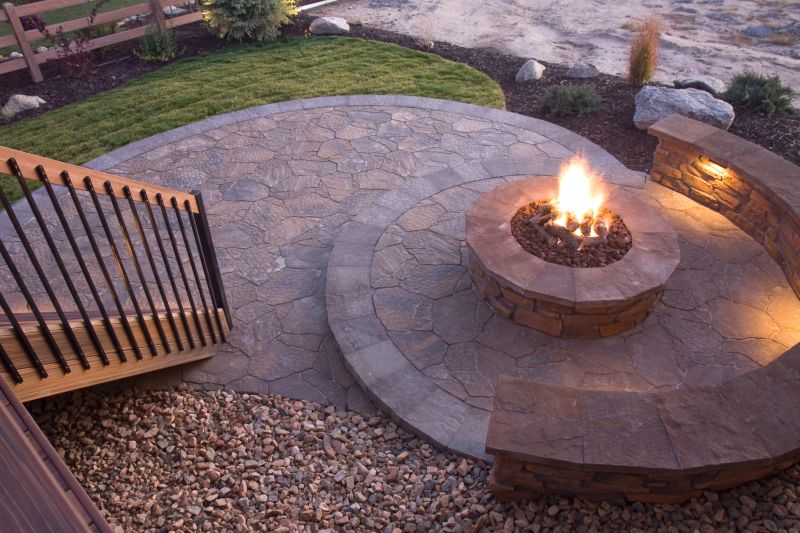
A 60-second routine that keeps Gas Fire Pit Installations looking new.
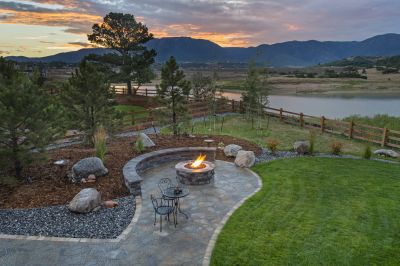
A frequent mistake in Gas Fire Pit Installations and how to dodge it.
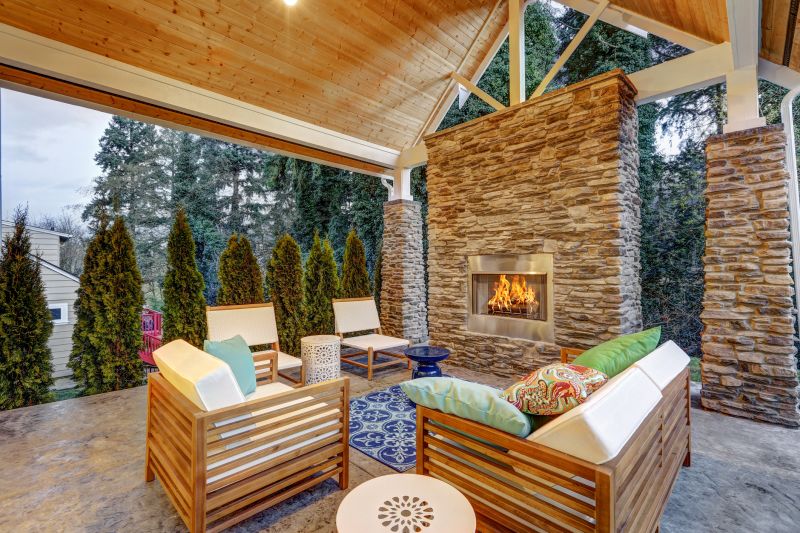
Small tweaks to make Gas Fire Pit Installations safer and easier to use.
Interested in scheduling a gas fire pit installation? Filling out the contact form provides an opportunity to discuss timing, options, and specific requirements for the outdoor space. Proper planning and timing contribute to a successful and long-lasting installation.



